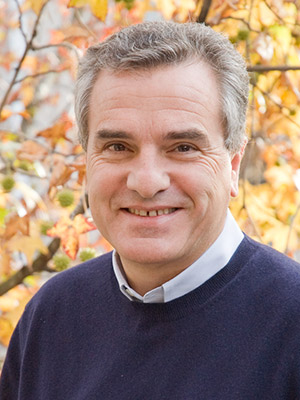Lucio G. Costa, a professor in the department of environmental and occupational health sciences at the University of Washington School of Public Health, will receive $350,000 a year for five years from the National Institute of Environmental Health Sciences to study the links between traffic-related air pollution exposure and autism spectrum disorder (ASD).

“Epidemiological studies have found associations between exposure to traffic-related air pollution and ASD, and this animal study wants to further investigate the causality of such associations and the possible underlying mechanisms,” Costa said. “There are rising levels of air pollution, particularly in certain ‘mega-cities,’ which are worrisome.”
In a series of preliminary studies of mice, Costa and his team found that perinatal exposure to diesel exhaust – the most important component of traffic-related air pollution – caused a number of behavioral alterations in areas associated with ASD. These areas include communication, sociability and repetitive behaviors.
In the proposed study, Costa aims to investigate how these alterations occur and how they relate to ASD. In particular, he and his team will test the hypothesis that neuro-inflammation due to diesel exhaust will lead to a decreased expression of reelin, a protein that plays an important role in brain development. The researchers believe that this in turn will affect cortical morphogenesis and cause disruption of cortical layering, as seen in ASD.
Costa’s team includes Khoi Dao, James Stewart, Yu-Chi “Rachel” Chang, Toby Cole, Jacki Coburn, Jacqueline Garrick, Ashley Martin, all from the department of environmental and occupational health sciences.
